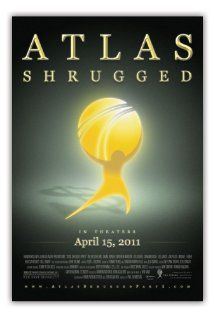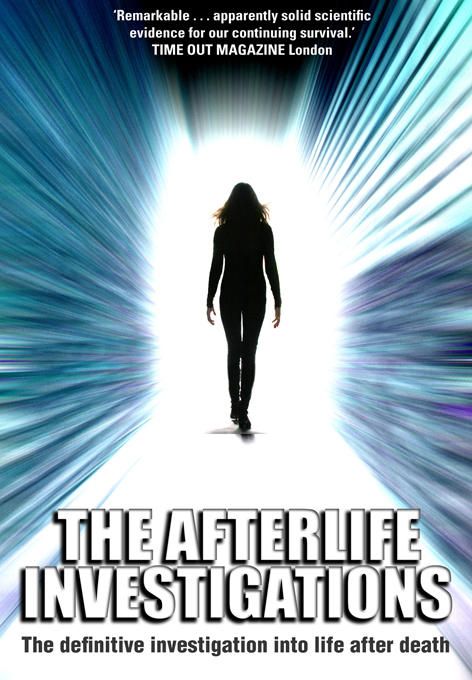Karl Denninger at Market Ticker delivers the hypothetical speech that he believes would allow a presidential candidate to capture the flag.
He starts off badly, demonstrating that he does not know the difference between a colon and a semi-colon; I would have trouble voting for such a man. After that, however, he hits his stride and I can almost forgive him. Some excerpts:
My fellow Americans;
Almost exactly four years ago the stock market began a sickening plunge that would shake the world. Declining from just over DOW 11,000 to under 7,500 in two short months, only to fall another 1,000 points in the next three, this period marked an unprecedented time of government intervention that you were told was for all of our good, and the good of our nation.
You were lied to.
The intentional expansion of debt unbacked by anything was the cause of the market crash. This intentional fraud perpetrated upon all of you went back to the Tech Crash in 2000, and goaded Americans into taking out loans that could not be repaid to cover up the malfeasance of those who had systematically looted Americans' retirement accounts and offshored their jobs during the 1990s.
Ben Bernanke of The Fed has argued that his "Quantitative Easing" has helped the jobs market and will continue to. This too is a lie; the entire and only purpose of this program is to allow the government to continue to run its monstrous deficits -- that is, The Fed is responsible for taxing you as an unelected private body.
The funds from this tax are not going into the economy. They are going to fill the hole in the big banks' balance sheets. These large financial firms, banks and Wall Street companies, went from having about 20% of the size of the economy in debt in 1980 to over 120% in 2007, an expansion in relationship to the size of the economy of six times.
So to the American people, I make you these promises. If you elect me I will jail those bankers and Wall Street hotshots who lied to you, to your pension funds and to others in industry. I will stop deficit spending and put an end to the unbacked and fraudulent emission of credit. I will submit to Congress and demand passage of a bill that puts teeth into The Fed mandate for stable prices, ending the shell game of inflation and back-door taxation, backing that mandate with criminal and severe civil penalties for non-performance. I will protect depositors if we must should banks fail, but nobody else; lending people money is a hazardous enterprise, and the cost of that lending should reflect the risk. If you loan someone money who can't pay it back, under my administration you will lose your capital. If you swindle someone under my administration, no matter how you do it, you will be indicted, arrested, tried and if convicted imprisoned and your assets will be stripped to pay back those who you stole from.
It's a rousingly acidic "speech" and a painful summation of the financial nightmare that we've been through since the dot-com collapse and housing bubble. His threat of legal vengeance might once have seemed over-torqued, but as you may have noticed, the dog in the night hasn't barked. Billions of dollars have been nicked by the banksters, many Americans are jobless and impoverished through no fault of their own, but almost no malfeasance has been punished. Jon Corzine, lately of MF Global, had a fit of absent-mindedness in which he forgot where he put $1 billion of his investors' money. At this moment he may well be enjoying the resources for hire at a swanky hotel in some scenically favored part of the globe.
So one cheer for Karl Denninger. I'm withholding one cheer for that semi-colon, and another because Denninger is so fixated on economics -- like most of his "fellow Americans" -- that he imagines that just getting our financial house in order is all that's holding us back from a glorious restoration.
I don't mean to be unduly critical of him. Economics is his field. But he's an example of why we're in desperate straits. There is plenty of conservative resistance to the bloated federal government, insane levels and types of immigration, irresponsible welfare handouts, Muslim appeasement, and the rest of the fallout from our soft-Stalinist regime. The trouble is, the resistance is almost all from single-issue protesters.
Takuan Seiyo has the overview. He understands that we're fighting a multi-headed beast, Cerberus times 10. Fastening on a single issue is deathly.
Few of the few who sense that something has gone terribly wrong understand either how much worse than their expectations the consequences are going to be, or how insufficient their resistance is. Liberals who think the Left will choose to protect their liberal values in preference to growing and protecting Islam, have a surprise coming. The Counterjihad activist who is not an anti-Third World immigration activist — i.e. “racist” per the prevailing nomenclature — will see his country swamped by Uttar Pradeshis, Polynesians and Zulus even if his position on Islam prevails. And if he is not an anti-statist activist as well, even if he prevails on immigration, the state will still crush him. ...The defender of capitalism who screams at the commie Occupiers but does not scream with them at the banksters, may save his country from ruin by the commies, but not from ruin by the banksters. The economic freedom activist who is not a reactionary cultural activist will be crushed by the open borders and free trade he advocates, and will see the lowest barbarian common denominator regnant. But the social conservative, family values warrior who is not a white ethnic activist may win the abortion fight but will still end up living in Haiti even if he lives in Maryland.
Yes, by all means, we can wish for a political administration that puts the fear of God into crooks and swindlers. But that alone won't save us. We are called to do so much more.

















